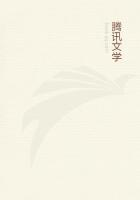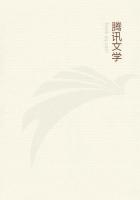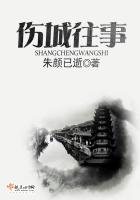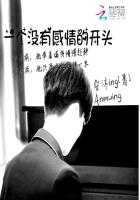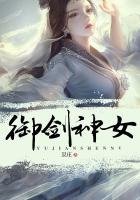And surely if there was any insanity involved in the matter at all it was in the trousers, not in the simply falling robe. If there was any insanity at all, it was in the extravagant entrees, not in the bread and wine.
I went over all the cases, and I found the key fitted so far.
The fact that Swinburne was irritated at the unhappiness of Christians and yet more irritated at their happiness was easily explained.
It was no longer a complication of diseases in Christianity, but a complication of diseases in Swinburne. The restraints of Christians saddened him simply because he was more hedonist than a healthy man should be. The faith of Christians angered him because he was more pessimist than a healthy man should be.
In the same way the Malthusians by instinct attacked Christianity; not because there is anything especially anti-Malthusian about Christianity, but because there is something a little anti-human about Malthusianism.
Nevertheless it could not, I felt, be quite true that Christianity was merely sensible and stood in the middle. There was really an element in it of emphasis and even frenzy which had justified the secularists in their superficial criticism. It might be wise, I began more and more to think that it was wise, but it was not merely worldly wise; it was not merely temperate and respectable.
Its fierce crusaders and meek saints might balance each other; still, the crusaders were very fierce and the saints were very meek, meek beyond all decency. Now, it was just at this point of the speculation that I remembered my thoughts about the martyr and the suicide. In that matter there had been this combination between two almost insane positions which yet somehow amounted to sanity.
This was just such another contradiction; and this I had already found to be true. This was exactly one of the paradoxes in which sceptics found the creed wrong; and in this I had found it right.
Madly as Christians might love the martyr or hate the suicide, they never felt these passions more madly than I had felt them long before I dreamed of Christianity. Then the most difficult and interesting part of the mental process opened, and I began to trace this idea darkly through all the enormous thoughts of our theology.
The idea was that which I had outlined touching the optimist and the pessimist; that we want not an amalgam or compromise, but both things at the top of their energy; love and wrath both burning.
Here I shall only trace it in relation to ethics. But I need not remind the reader that the idea of this combination is indeed central in orthodox theology. For orthodox theology has specially insisted that Christ was not a being apart from God and man, like an elf, nor yet a being half human and half not, like a centaur, but both things at once and both things thoroughly, very man and very God.
Now let me trace this notion as I found it.
All sane men can see that sanity is some kind of equilibrium; that one may be mad and eat too much, or mad and eat too little.
Some moderns have indeed appeared with vague versions of progress and evolution which seeks to destroy the MESON or balance of Aristotle.
They seem to suggest that we are meant to starve progressively, or to go on eating larger and larger breakfasts every morning for ever.
But the great truism of the MESON remains for all thinking men, and these people have not upset any balance except their own.
But granted that we have all to keep a balance, the real interest comes in with the question of how that balance can be kept.
That was the problem which Pagani** tried to solve: that was the problem which I think Christianity solved and solved in a very strange way.
Pagani** declared that virtue was in a balance; Christianity declared it was in a conflict: the collision of two passions apparently opposite. Of course they were not really inconsistent; but they were such that it was hard to hold simultaneously.
Let us follow for a moment the clue of the martyr and the suicide; and take the case of courage. No quality has ever so much addled the brains and tangled the definitions of merely rational sages.
Courage is almost a contradiction in terms. It means a strong desire to live taking the form of a readiness to die. "He that will lose his life, the same shall save it," is not a piece of mysticism for saints and heroes. It is a piece of everyday advice for sailors or mountaineers. It might be printed in an Alpine guide or a drill book. This paradox is the whole principle of courage; even of quite earthly or quite brutal courage. A man cut off by the sea may save his life if he will risk it on the precipice.
He can only get away from death by continually stepping within an inch of it. A soldier surrounded by enemies, if he is to cut his way out, needs to combine a strong desire for living with a strange carelessness about dying. He must not merely cling to life, for then he will be a coward, and will not escape. He must not merely wait for death, for then he will be a suicide, and will not escape.
He must seek his life in a spirit of furious indifference to it; he must desire life like water and yet drink death like wine.
No philosopher, I fancy, has ever expressed this romantic riddle with adequate lucidity, and I certainly have not done so.
But Christianity has done more: it has marked the limits of it in the awful graves of the suicide and the hero, showing the distance between him who dies for the sake of living and him who dies for the sake of dying. And it has held up ever since above the European lances the banner of the mystery of chivalry: the Christian courage, which is a disdain of death; not the Chinese courage, which is a disdain of life.

